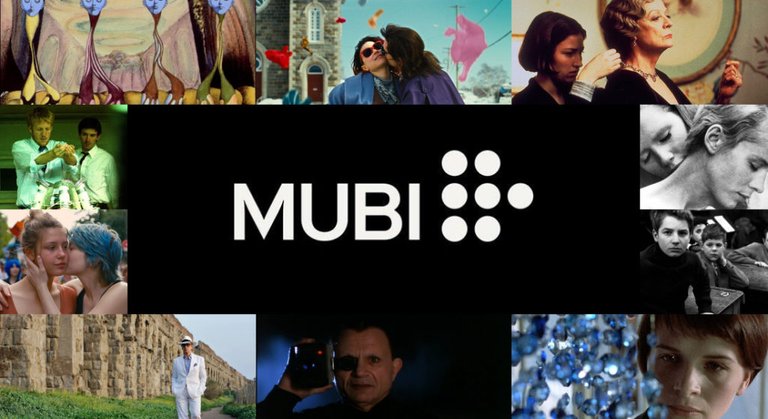
If you have seen my posts from recent years you already know: MUBI is my favorite streaming platform. I don't have a Prime Video account, HBO, Star+, or any other account. I have a Netflix account that I don't use (but I share it with my family) and I only use MUBI for myself. I know that many of you have not heard of it or have not checked it to see what is there and that is why today I want to share with you a kind of introduction to what you can get there.
Si han visto mis posts de los últimos años ya lo saben: MUBI es mi plataforma de streaming favorita. No tengo cuenta en Prime Video, ni HBO, ni Star+, ni ninguna otra. Tengo una cuenta de Netflix que no uso (pero la comparto con mi familia) y solamente ocupo para mí MUBI. Sé que muchos de ustedes no la han oído nombrar o no la han revisado para ver qué hay y por eso hoy les quiero compartir una especie de introducción a lo que pueden conseguir allí.
Unlike other streaming platforms, the MUBI board is not divided by genres such as comedy, romance, drama, etc., but rather they group films by original themes such as Millenials in crisis or pay attention to a specific director (currently there is a section by John Carpenter, one by Francois Truffaut and another by Aki Kaurismäki, among others) or they group the films according to the awards and nominations obtained, focusing on the Oscars, the Berlin Festival or the Cannes Festival, in addition to the sections of news on the platform and one that I really like called The 1000 best MUBI movies. In this section the thousand titles aren't always available (only around 200) and in this case some may think that MUBI's offer is smaller than that of Netflix, for example and strictly speaking it is, but how many films are seen in a year? How many are enough? What's the point of having tens of thousands of movies available to see if they are all more of the same: consumer movies and disposable products? It's better to have fewer and better options, films that make you think, feel, that give you a look at cinema as an art and the way it's made in different parts of the world and at different times. MUBI is a platform made by and for movie buffs, which is why the vast majority of its films do not belong to the mainstream.
A dferencia de otras plataformas de streaming, el tablero de MUBI no está dividido por géneros como comedia, romance, drama, etc., sino que agrupan películas por temáticas originales como Millenials en crisis o ponen atención en algún director en específico (actualmente hay una sección de John Carpenter, una de Francois Truffaut y otra de Aki Kaurismäki, entre otros) o agrupan las películas de acuerdo a los galardones y nominaciones obtenidas poniendo el foco en los Oscars, el Festival de Berlín o el de Cannes, además de las secciones de novedades en la plataforma y una que me gusta mucho que se llama Las 1000 mejores películas de MUBI. En esta sección so siempre están disponibles los mil títulos (sólo alrededor de 200) y en eso algunos pueden pensar que la oferta de MUBI es más reducida que la de Netflix, por ejemplo y en estricto rigor lo es, pero ¿cuántas películas se ven el año? ¿cuántas son suficientes? ¿de qué sirve tener disponibles decenas de miles de películas disponibles para ver si todas son más de lo mismo: cine de consumo y productos desechables? Es mejor tener menos y mejores opciones, películas que te hagan pensar, sentir, que te den una mirada al cine como arte y a la forma en que es hecho en distintas partes del mundo y en distintas épocas. MUBI es una plataforma hecha por y para cinéfilos, por eso la gran mayoría de sus películas no pertenecen al mainstream.

Among the options currently available (because they are constantly rotating, films enter and leave the platform every week) you can find widely recognized titles such as Fight Club by David Fincher or The Revenant by Alejandro González Iñárritu, but the charm of MUBI is in the rare names, in classic film directors, in independent films or emerging directors who have some special seal, so although I would like to talk to you about Hirokazu Koreeda, Asghar Farhadi or Lars Von Trier, I want to recommend five films available on MUBI. A small representative sample of everything available on the platform.
Entre las opciones disponibles actualmente (porque van rotando constantemente, películas entran y salen de la plataforma todas las semanas) se pueden encontrar títulos reconocidos ampliamente como Fight Club de David Fincher o The Revenant de Alejandro González Iñárritu, pero el encanto de MUBI está en los nombres raros, en directores de cine clásicos, en películas independientes o directores emergentes que tiene algún sello especial, así que aunque quisiera hablarles de Hirokazu Koreeda, Asghar Farhadi o Lars Von Trier, les quiero recomendar cinco películas disponibles en MUBI. Una pequeña muestra representativa de todo lo que hay disponible en la plataforma.
Aftersun (2022)
I subscribed to MUBI because I really wanted to see this movie and it was an exclusive premiere on the platform. Without high expectations because Netflix and Prime Video had disappointed me, I decided to take a free one-week trial to review the platform and to watch Aftersun. Two hours later, in love with the film and MUBI, I decided to subscribe for a year. Written and directed by Charlotte Wells and starring Paul Mescal and Francesca Corio, the film is about the relationship between a father and his daughter, both from Scotland, during a shared holiday in Turkey in the nineties, and that's it? Yes, the truth is. There are no major incidents or extraordinary events, but the normality and naturalness of the relationship and the performances of the protagonists (the chemistry between them is very good) make this one of the best films I have seen and one of the most emotional. , moving and reflective. The father-daughter relationship has been analyzed, reflected and used by different stories on paper and on the screen, but it had been a while since I saw a movie that, without using highly dramatic scenes, managed to move me in this way: laughter, joy , concern, tenderness, innocence, frustration, a little bit of everything. As in life itself. There are sequences of great narrative beauty and extraordinary visual impact, things that are surprising given the director's first feature film. The dance scene at the end breaks you completely and the movie stays with you forever.
Me suscribí a MUBI porque tenía muchas ganas de ver esta película y era un estreno exclusivo de la plataforma. Sin mayores expectativas porque Netflix y Prime Video me habían decepcionado, me dispuse a realizar una prueba gratuita de una semana para revisar la plataforma y para ver Aftersun. Dos horas más tarde, enamorado de la cinta y de MUBI, decidí suscribirme por un año. Escrita y drigida por Charlotte Wells y protagonizada por Paul Mescal y Francesca Corio, la película va sobre la relación entre un padre y su hija, ambos de Escocia, durante unas vacaciones compartidas en Turquía en los años noventa, ¿y eso es todo? Sí, la verdad sí. No hay mayores incidencias ni eventos extraordinarios, pero la normalidad y la naturalidad de la relación y de las actuaciones de los protagonistas (la química entre ellos es muy buena) hacen de esta una de las mejores películas que he visto y una de las más emotivas, conmovedoras y reflexivas. La relación padre-hija ha sido analizada, reflejada y utilizada por diferentes historias en el papel y en la pantalla, pero tenía tenía tiempo sin ver una película que, sin hacer uso de escenas altamente dramáticas, lograra emocionarme de esta manera: risas, alegría, preocupación, ternura, inocencia, frustración, de todo un poco. Como en la vida misma. Hay secuencias de gran belleza narrativa y de un extraordinario impacto visual, cosas que sorprenden tratándose del primer largometraje de su directora. La escena de baile el final te rompe completamente y la película se queda contigo para siempre.
In the mood for love (2000)

If Aftersun was the movie that made me subscribe to MUBI, this gem by Wong Kar Wai was the one that made MUBI exist. Set in Hong Kong in 1962 In The Mood For Love is a visual poetry about contained love. Chow works for a newspaper and moves with his wife into a modest boarding house on the same day that another couple moves into the next room, causing some things to get mixed up and them ending up in the wrong apartment. These random mistakes will be the first contact that Chow will have with his neighbor, Su Li-zhen. So both couples begin to interact, first occasionally, for simple things and then they begin to become a little more intimate, until our protagonists discover themselves double victims of love games because on the one hand their partners are unfaithful to both of them and on the other They themselves begin to feel a strong attraction for each other, but they enter into the dilemma that if they give in to their passion they will become the very thing they despise. With beautiful photography, wonderful performances, a memorable soundtrack in Spanish and iconic scenes overflowing with elegance, passion and incredible dialogues, Wong Kar Wai's most remembered film is an excellent option for those who want to see a different love story, both in the substance as well as form, and a cinematographic gem of the best that has been done in history.
Si Aftersun fue la película que me hizo suscribirme a MUBI, esta joya de Wong Kar Wai fue la que hizo que MUBI existiera. Ambientada en el Hong Kong de 1962 In The Mood For Love es una poesía visual sobre el amor contenido. Chow trabaja para un periódico y se muda con su esposa a una modesta pensión el mismo día que otra pareja se muda a la habitación contigua, lo que hace que algunas cosas se confundan y terminen en el departamento equivocado. Estos azarosos equivocos serán el primer contacto que Chow tendrá con su vecina, Su Li-zhen . Así que ambas parejas comienzan a interactuar, primero ocasionalmente, por cosas simples y luego comienzan a intimar un poco más, hasta que nuestros protagonistas se descubren víctimas dobles de los juegos del amor porque por un lado sus parejas les son infieles a ambos y por otro ellos mismos comienzan a sentir una fuerte atracción por el otro, pero entran en el dilema de que si ceden a su pasión se convertirán en lo mismo que desprecian. Con una hermosa fotografía, actuaciones maravillosas, un soundtrack memorable en español y escenas icónicas rebosantes de elegancia, pasión y diálogos increíbles, la películas más recordada de Wong Kar Wai es una excelente opción para quienes quieran ver una historia de amor diferente, tanto en el fondo como en la forma, y una joya cinematográfica de lo mejor que se ha hecho en la historia.
Taste of Cherry (1997)
Imagine this: the film begins with Mr. Badii traveling the streets of Tehran aboard his vehicle. We immediately realize that he is looking for something or someone. Very intelligently, the camera travels aboard the car, as if the viewer (that is, ourselves) were the protagonist's co-pilot, so we soon included ourselves in that search. The minutes go by and we confirm that he is looking for someone for a job and our alarms go off. A man who appears offering a simple, well-paid job to different strangers makes us suspicious because life and experiences have taught us that, but what is he looking for? and what is the job? The first man he talks to doesn't even allow him to explain. The second, a young soldier, is alarmed when he tells him this and almost gets out of the moving vehicle because he finds the request repulsive. The simple job is this: assist a suicide, Mr. Badii himself. That's the theme of Taste of Cherry, one of my favorite films by Iranian director Abbas Kiarostami that is also available on MUBI.
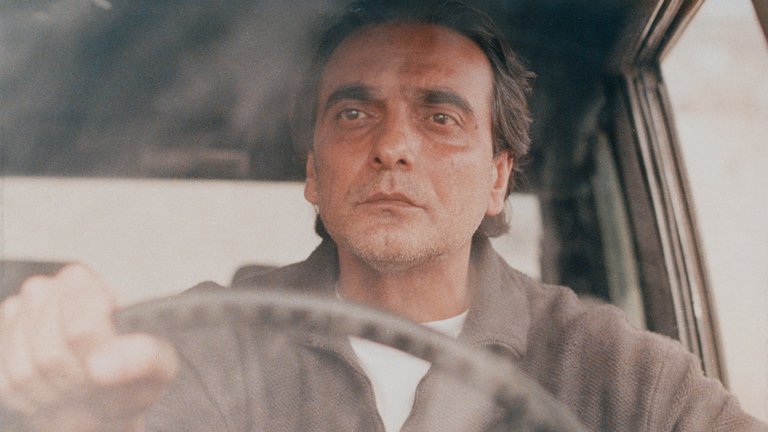
Imaginen esto: la película inicia con el señor Badii recorriendo las calles de Teherán a bordo de su vehículo. Inmediatamente nos damos cuenta de que está buscando algo o a alguien. De manera muy inteligente, la cámara viaja a bordo del auto, como si el espectador (es decir, nosotros mismos) fuera el copiloto del protagonista, así que no tardamos en incluirnos en esa búsqueda. Avanzan los minutos y confirmamos que busca a alguien para un trabajo y se nos encienden las alarmas. Un hombre que aparece ofreciendo un trabajo sencillo y bien pagado a diferentes desconocidos nos genera suspicacia porque la vida y las experiencias así nos lo han enseñado, pero ¿qué es lo que busca? ¿y cuál es el trabajo? El primer hombre con quien habla ni siquiera le permite explicarle. El segundo, un joven militar, se alarma cuando se lo cuenta y casi se baja del vehículo en marcha porque encuentra que la petición es repulsiva. El trabajo sencillo es este: asistir a un suicida, el propio señor Badii. Ese es el tema de Taste of Cherry, una de mis películas favoritas del director iraní Abbas Kiarostami que también está disponible en MUBI.
Hold Me Tight (2021)
This French film, directed by Mathieu Amalric and starring an outstanding Vicky Krieps, begins with Clarisse, the protagonist, doing a frustrated memory exercise with some photos. It's just a few seconds, but that prologue will make sense much later. Then, at dawn, Clarisse packs a few things and silently says goodbye to her husband and two children (Paul and Lucie), all still asleep. She leaves the house, starts the car and sets off, but where is she going? Is she running away from something? Or is she looking for something specific? During the first fifteen minutes, the editing may be challenging for some people because the chronological order of the narrative has been meticulously altered to create an impact on the viewer. However, the key revelation is not left for last. Shortly after the fifteenth minute, we already know what happened, why? Because the Director wants us to know it and that way we can judge better and better understand everything he is going to show us later, which does not seem very simple at the beginning because there are sequences that seem opposite and impossible to reconcile. It is true that art emerged as a reflection of reality, but one of the wonders of cinema and literature is that they allow things to happen that cannot happen in real life and in that this film differs from the vast majority of films. what's available to watch today.
Esta película francesa, dirigida por Mathieu Amalric y protagonizada por una sobresaliente Vicky Krieps, inicia con Clarisse, la protagonista, haciendo un frustrado ejercicio de memoria con unas fotos. Son apenas unos segundos, pero ese prólogo tendrá sentido mucho después. Luego, al amanecer, Clarisse empaca unas pocas cosas y en silencio se despide de su marido y de sus dos hijos (Paul y Lucie), todos aún dormidos. Sale de la casa, enciende el auto y se pone en marcha, pero ¿a dónde va? ¿está huyendo de algo? ¿o va en búsqueda de algo en específico? Durante los primeros quince minutos el montaje puede resultar desafiante para algunas personas porque el orden cronológico de la narración ha sido meticulosamente alterado para lograr generar un impacto en el espectador. Sin emnargo, la revelación clave no se deja para el final. Poco después del minuto quince, ya sabemos qué ocurrió ¿por qué? Porque el Director quiere que lo sepamos y que de esa manera podamos juzgar mejor y entender mejor todo lo que nos va a mostrar después, lo que no pareciera muy sencillo al inicio porque hay secuencias que parecen opuestas e imposibles de conciliar. Es cierto que el arte surgió como un reflejo de la realidad, pero una de las maravillas del cine y de la literatura es que permiten que ocurran cosas que en la vida real no pueden ocurrir y en eso esta película se diferencia de la gran mayoría de lo que hay disponible para ver hoy en día.
The Kid (1921)

I think we all know who Charles Chaplin was, but how many of us have actually seen his films? And what streaming platform offers part of the work of one of the geniuses in the history of cinema? I know that many of you, especially the younger ones, are reluctant to watch old movies, in black and white and even more so if they are silent movies, but I tell you something: you are missing out on a unique experience. Consider that before the camera tape could not include sound, it only captured images. For that reason, in movie theaters there was an orchestra that played the film's soundtrack at the same time it was projected. Furthermore, not being able to converse, the actors had to be more histrionic, more gestural, and the sequences had to show much more than say. To this we add that Charles Chaplin not only starred in these types of films but also acted as director, producer, screenwriter and composer of the soundtrack, the same man! Isn't that reason enough to see some of his work? On MUBI there are several gems of his like The Great Dictator or Modern Times, but I would recommend starting with a beautiful piece of cinema that already has more than a century of history: The Kid. It is a tragicomic story in which a mother abandons her son, who is picked up by a homeless man who finds him and raises him until five years later, the woman begins to look for him. To understand cinema as we know it today you have to see Chaplin and this is a great option to start doing so.
Creo que todos sabemos quién fue Charles Chaplin, pero ¿cuántos realmente hemos visto sus películas? y ¿qué plataforma de streaming ofrece parte de la obra de uno de los genios de la historia del cine? Sé que muchos de ustedes, sobre todo los más jóvenes, son reacios a ver películas antiguas, en blanco y negro y mucho más si son películas mudas, pero les cuento algo: se están perdiendo de una experiencia única. Piensen que antes la cinta de las cámaras no conseguía incluir el sonido, solamente capturaba las imágenes. Por esa razón en las salas de cine había una orquesta que interpretaba la banda sonora de la cinta al mismo tiempo que esta se proyectaba. Además, al no poder conversar, los actores debían ser más histriónicos, más gestuales y las secuencias debían mostrar mucho más que decir. A ello sumemos que Charles Chaplin no sólo protagonizó este tipo de películas sino que también actuó como director, productor, guionista y compositor de la banda sonora ¡el mismo hombre! ¿no es suficiente razón para ver algo de su obra? en MUBI hay varias joyas suyas como The Great Dictator o Modern Times, pero yo les recomendaría comenzar con una hermosa pieza cinematográfica que ya tiene más de un siglo de historia: The Kid. Se trata de una historia tragicómica en la que una madre abandona a su hijo, el cual es recogido por un vagabundo que lo encuentra y lo cría hasta que cinco años después, la mujer comienza a buscarlo. Para entender el cine como lo conocemos hoy en día hay que ver a Chaplin y esta es una gran opción para comenzar a hacerlo.

Those are just five titles, but classics like Ladri di biciclette and Les Parapluies de Cherbourg, cult films like La Haine, modern gems like Cold War and Drive My Car, films by directors like Agnes Varda, Werner Herzog, Joachim Trier, Ryusuke Hamaguchi, Yorgos Lanthimos, Andrei Tarkovsky, films from Finland, Iceland, Vietnam, Nigeria, Canada, Argentina, Colombia, Chile, Poland, Greece, Belgium, Denmark, Iran, India... MUBI is a universe in itself and a window to the best of cinema from around the world, do any of you have MUBI? Would you like to subscribe? I read you in the comments.
Esos apenas cinco títulos, pero en MUBI están disponibles clásicos como Ladri di biciclette y Les Parapluies de Cherbourg, películas de culto como La Haine, joyas modernas como Cold War y Drive My Car, cintas de directores como Agnes Varda, Werner Herzog, Joachim Trier, Ryusuke Hamaguchi, Yorgos Lanthimos, Andrei Tarkovsky, películas procedentes de Finlandia, Islandia, Vietnam, Nigeria, Canadá, Argentina, Colombia, Chile, Polonia, Grecia, Bélgica, Dinamarca, Irán, India... MUBI es un universo en sí mismo y una ventana a lo mejor del cine de todo el mundo, ¿alguno de ustedes tiene MUBI? ¿les gustaría suscribirse? Los leo en los comentarios.


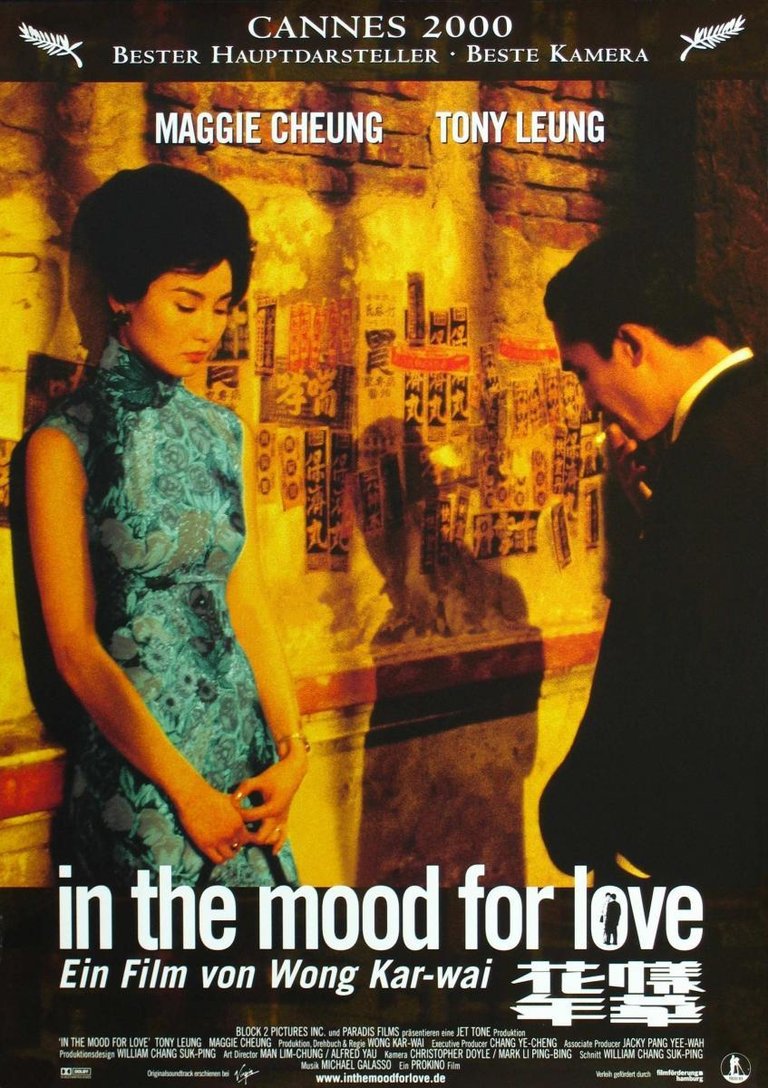
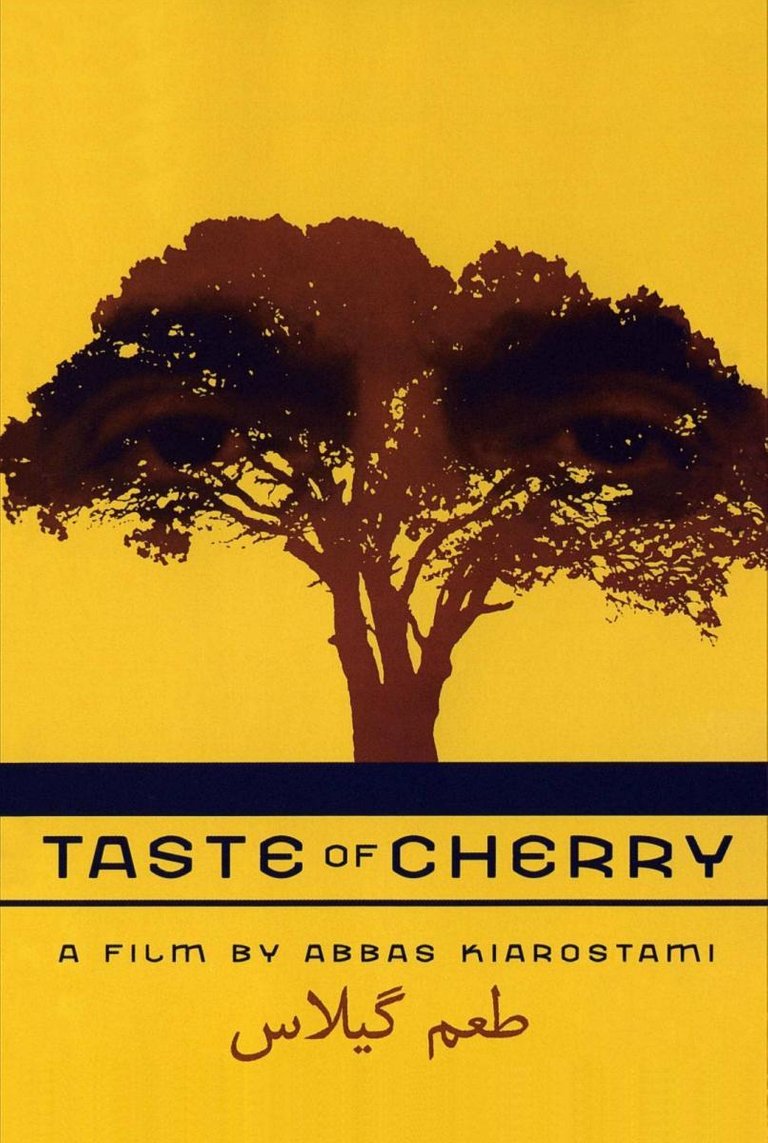

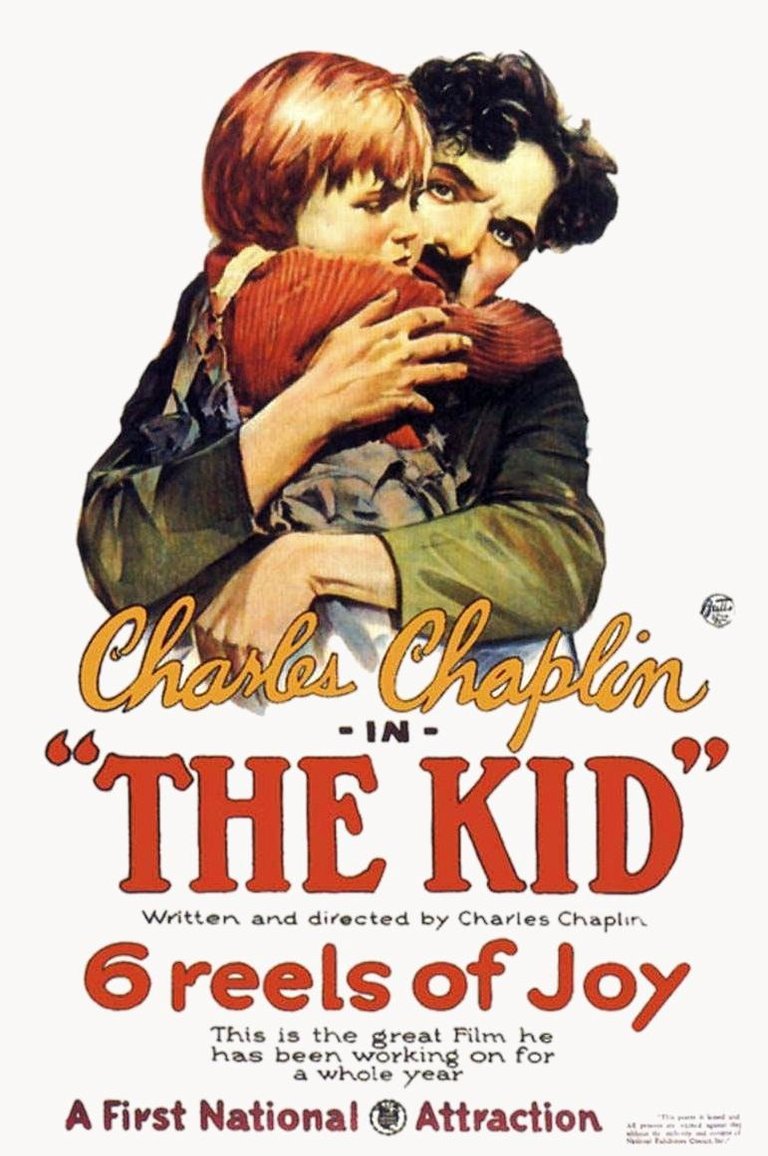

Varios clásicos en Mubi. Grandes películas. Oh, me recordaste Cold War, yo no hice rseña de ese film, tengo eso pendiente. te recomiendo de ese director polaco la película IDA. También en blanco y negro.
Sí, la conozco, fue la primera que vi de él y me encantó, en especial la fotografía. Quiero ver más películas suyas, pero no logro encontrarlas. Saludos y muchas gracias por leerme.
Justamente hoy estaba haciendo un review y mencioné el hecho de que quiero suscribirme a Mubi pero no sé cómo jajaja, osea, no encuentro a alguien que alquile las pantallas o la cuenta como lo he hecho con Netflix. He visto más o menos el catálogo y me encanta que tenga películas internacionales muy poco conocidas y que no están disponibles en otras páginas, si no es mucha molestia ¿cómo haces para poder suscribirte?
Hola @gigi8 la suscripción a MUBI es igual que con las demás plataformas, pero creo que la ven menos y por eso la oferta es menor. Sin embargo, sí hay una forma en la que puedes ver algunas de sus películas, te lo voy a comentar por Discord. Saludos.
No la conocía y la verdad es que el catálogo se ve muy interesante, es otro tipo de cine, mucho más variado. Gracias por compartir estimado @cristiancaicedo. Un fuerte abrazo desde Maracay.
Gracias a ti por leerme y comentar. Saludos.